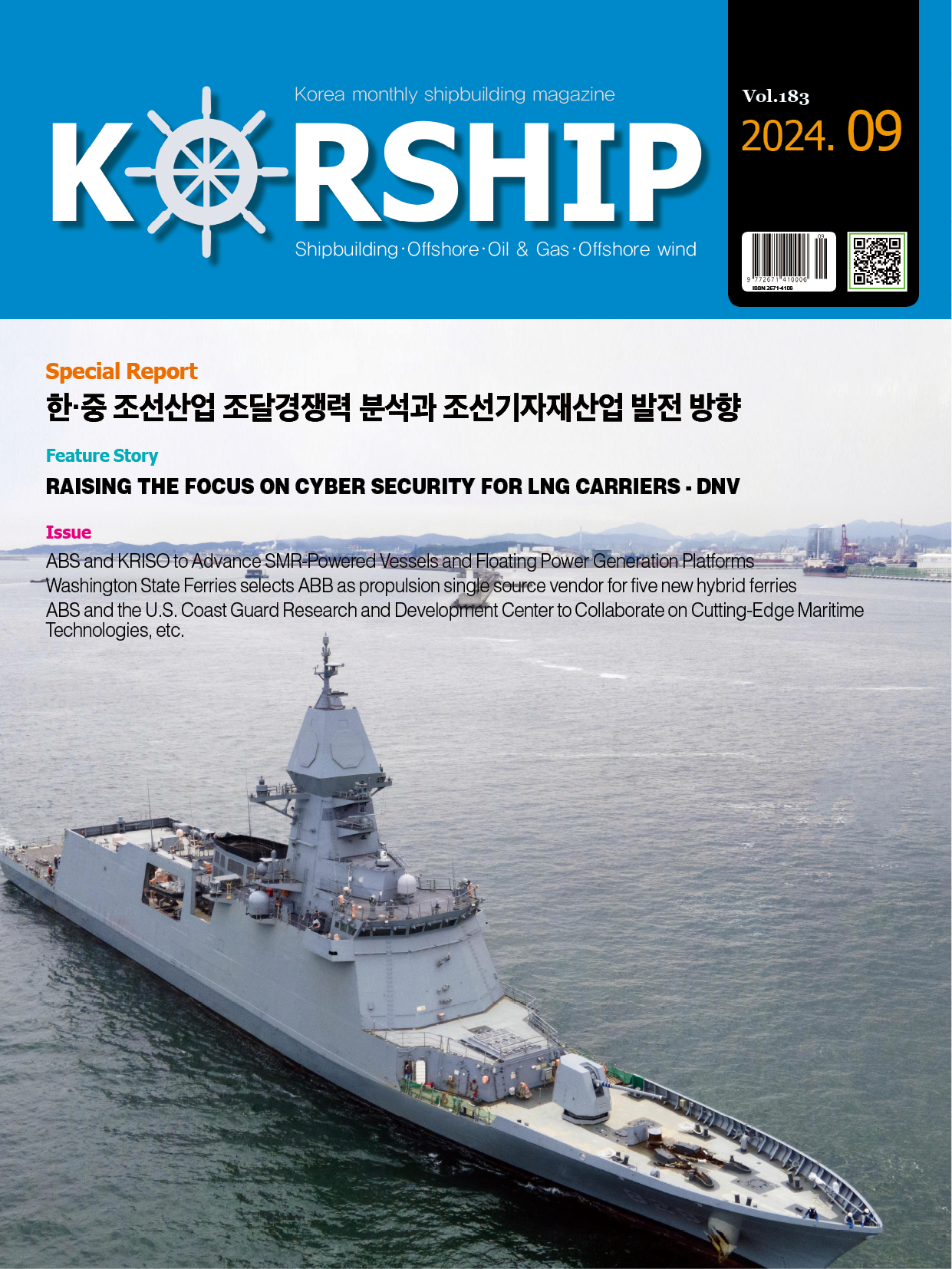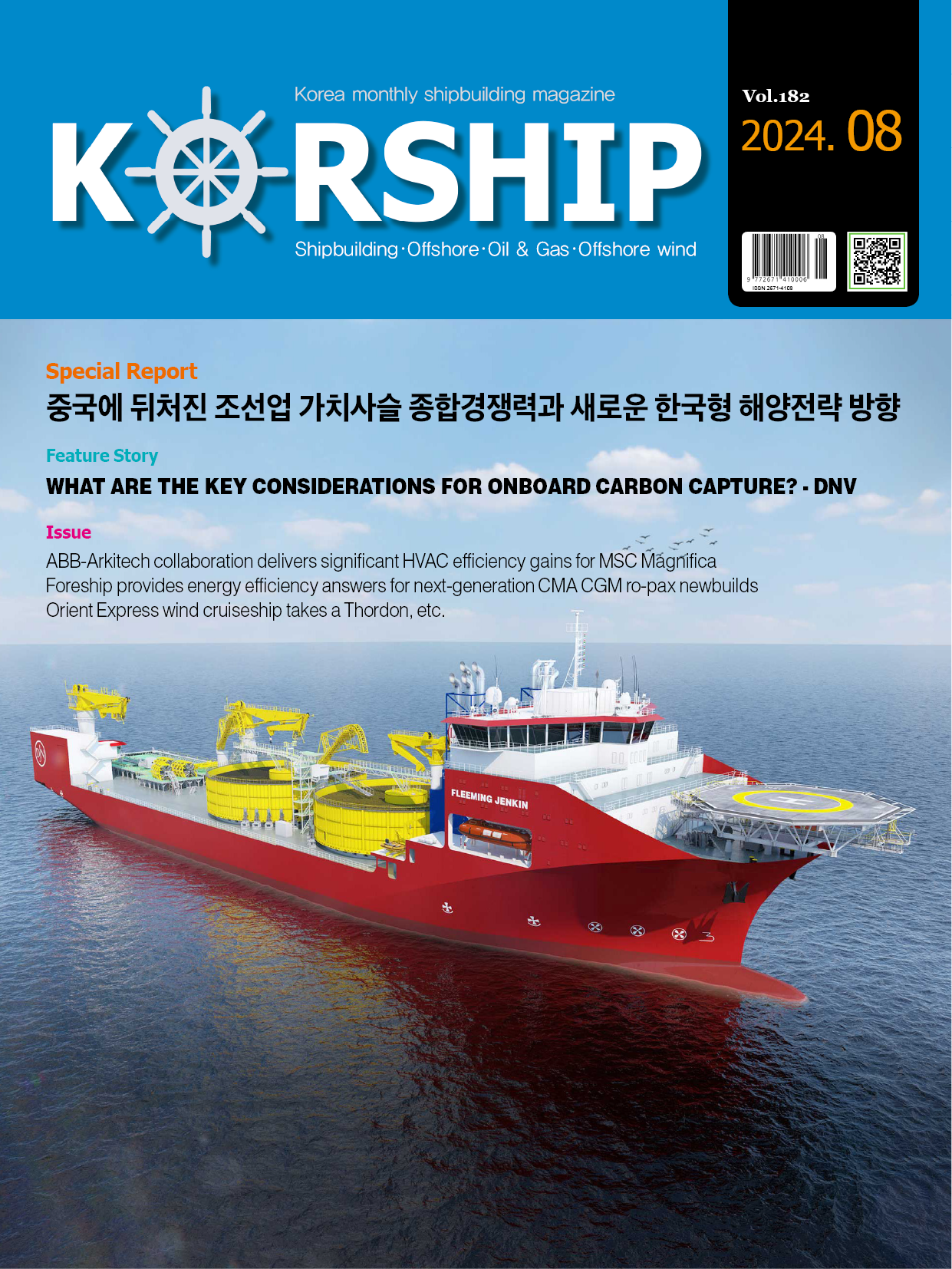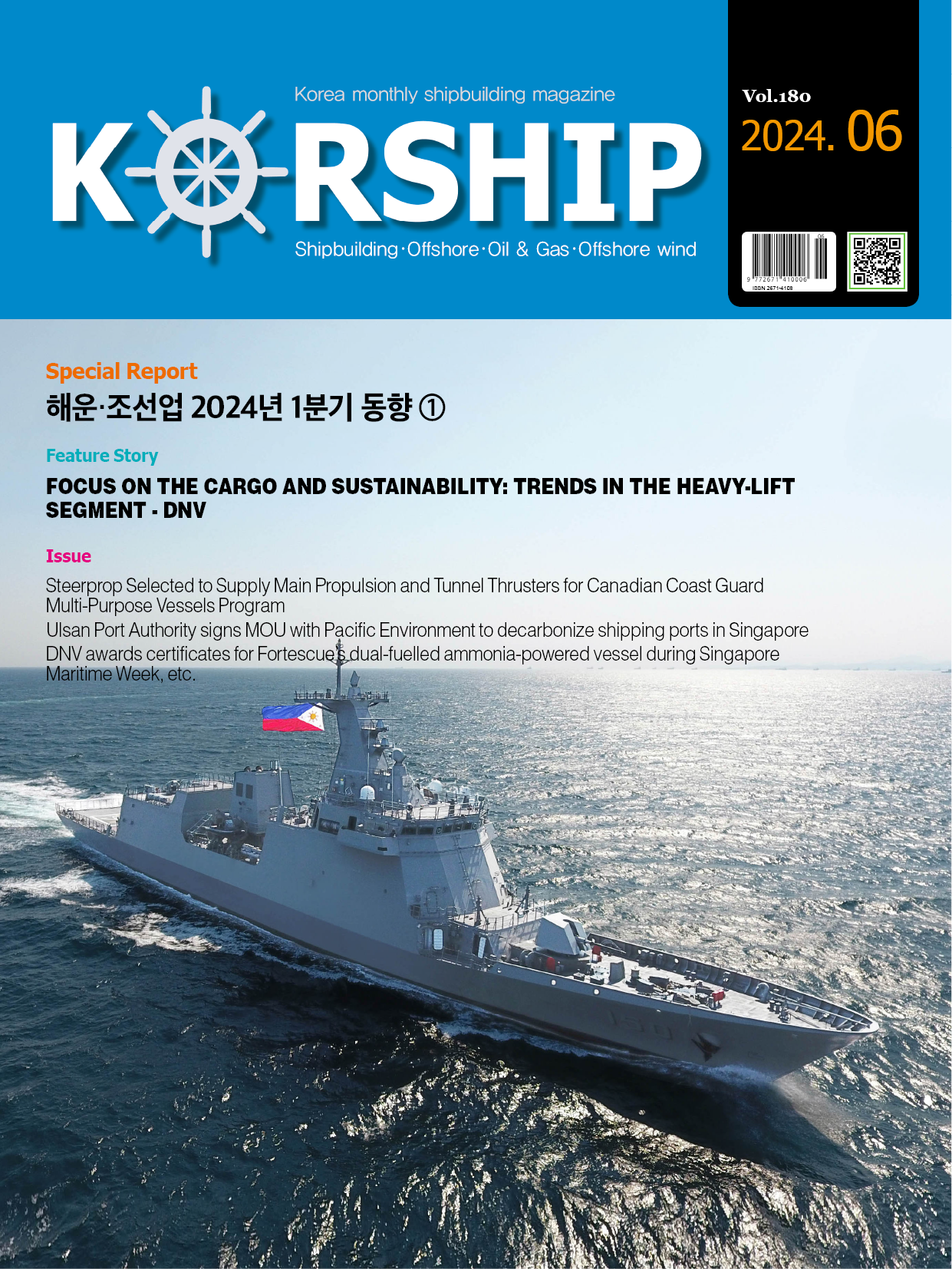New Product Two-stroke engine trials success for cylinder wear detector
페이지 정보
작성자 최고관리자 댓글 0건 조회 500회 작성일 24-11-05 20:04본문
Two-stroke engine trials success for cylinder wear detector

Top left to right: The CMT Scuffing Sensor monitoring a containership’s engine cylinder wear and CMT Managing Director Matthias Winkler. Bottom: The CMT Scuffing Sensor’s provide early warning of sudden severe cylinder wear
Ships trials have confirmed that CM Technologies’ new scuffing sensor can detect early onset cylinder wear, preventing significant damage to two-stroke marine diesel engines, costly repairs and downtime.
Trials onboard a number of large containerships and a two-stroke engine Baltic ferry showed it was possible to measure the friction in the cylinder when the engine is running, something that has not before been possible.
Scuffing, the term used to describe extreme wear following breakdown or failure of the lubricating film between the piston rings and cylinder liner, can cost north of US$100,000 per cylinder to repair. It can also result in catastrophic engine failure and substantial revenue loss.
“One of the big problems for the reliable detection of sudden severe liner wear is that the long running time of a marine diesel engine has made it virtually impossible to visually detect scuffing as it happens,” said CMT’s Managing Director Matthias Winkler.
“When sudden severe liner wear occurs, piston damage is quick, spontaneous and without warning. Current methods such as drain oil analysis, liner wall temperature monitoring and visual port inspections are inadequate as they indicate something is wrong when it’s too late. Timing is crucial. The technology we have developed alerts operators with enough time to be able to do something about it.”
While catastrophic engine damage is rare, CMT is noticing a worrying trend in cylinder liner scuffing following the widespread use of 0-0.50% low sulphur fuel (LSF). These fuels together with insufficient or over lubrication, wrong feed rates or incorrect cylinder oil Base Number (BN) can see the oil film breakdown, causing adhesion, micro welds, corrosion, abrasion and metal-to-metal contact.
Similarly, advancements in combustion engine technology have required engines to operate with increased power density, higher loads, and higher combustion pressures and temperatures – parameters that result in a more demanding combustion and lubrication environment.
“When running engines on low sulphur fuels, the acidity created during combustion is lower. This results in a smoother liner surface that is difficult to establish a consistent, effective lubricating film, potentially causing metal-on-metal contact,” said Winkler.
According to a CMT survey of 70 shipowners operating large two-stroke engines running on LSF, 67% reported lube oil related problems. Of these, 72.9% reported cylinder scuffing problems and 691.4% higher than normal liner wear rates.
To better alert operators to the condition of cylinder liners during engine operation, CMT embarked on an extensive research project to develop a reliable, rapid detection technology that uses state-of-the-art acoustic emissions sensors to analyse the operating environment within the piston cylinder.
With no need to stop the engine to take readings, the sensor detects changes in high frequency vibration and stress waves when accumulated energy is rapidly released on the piston rings and cylinder liner’s surface.
CMT’s AE sensors – electromagnetic acoustic transducers with built-in amplifiers optimised to detect sound waves in the 300 to 700kHz range – expose and locate material crack formation, friction, delamination and cavitation, revealing underlying problems with the lubricant being used. Data is analysed by the company’s bespoke software.
“Sudden severe wear of piston rings and cylinder liners causes enormous damage to two-stroke engines, but conventional detection methods fail to provide enough warning,” said Winkler. “Ship operators now have a unique, quick, reliable and proven wear detection solution capable to showing when oil lubrication fails, and when structural repairs are necessary before it’s too late.”
Following the successful completion of field trials, the German-headquartered engine monitoring specialist is now marketing its pioneering CMT Scuffing Sensor industry wide.
■ Contact: CMT https://cmtechnologies.de/en












